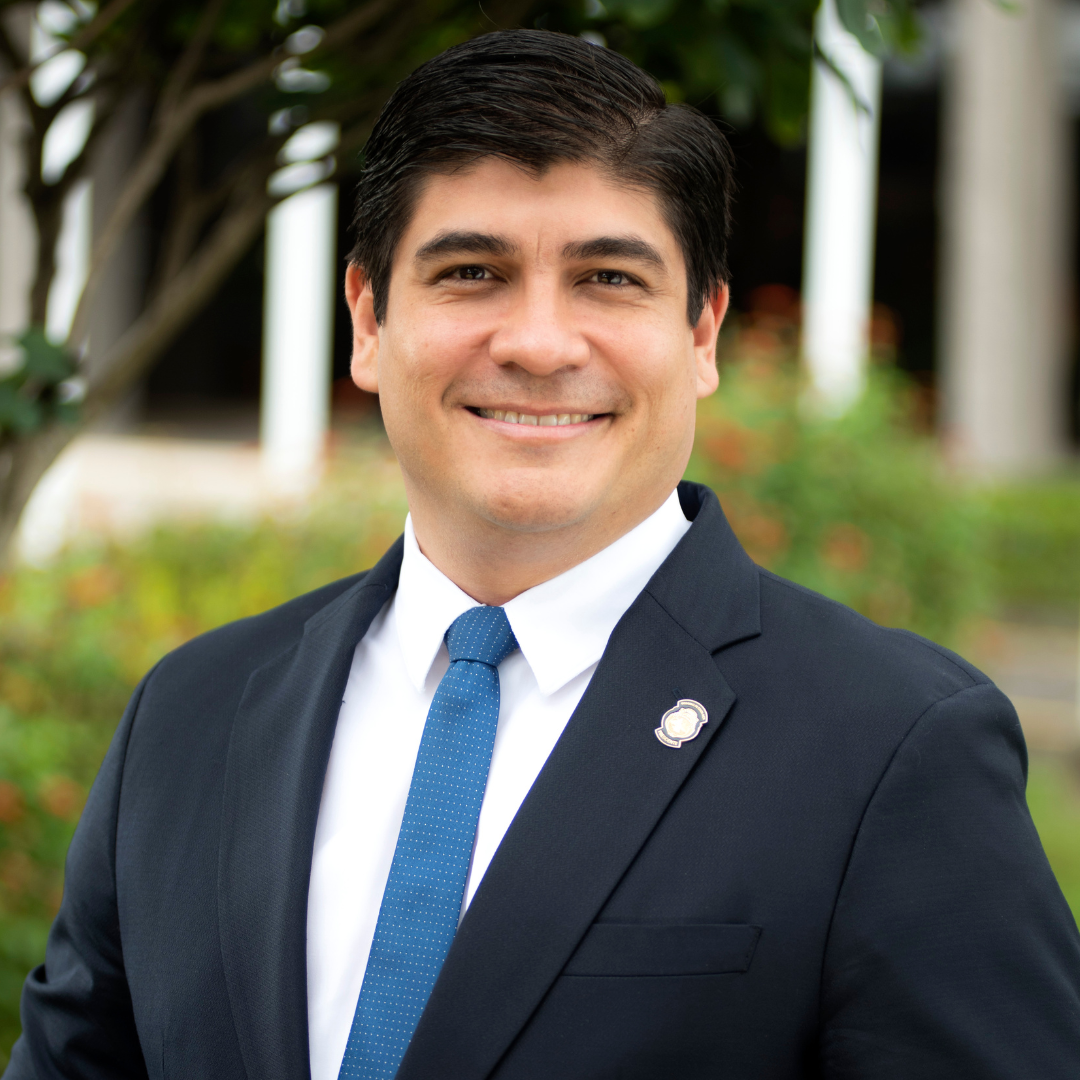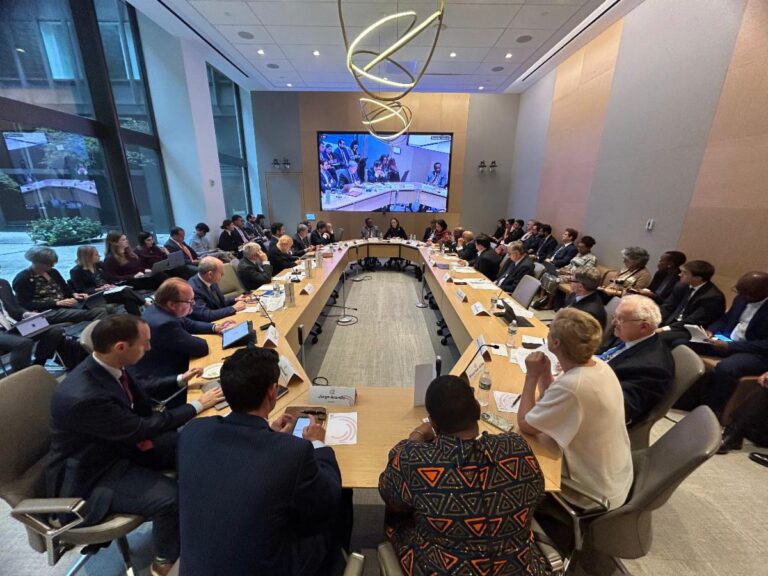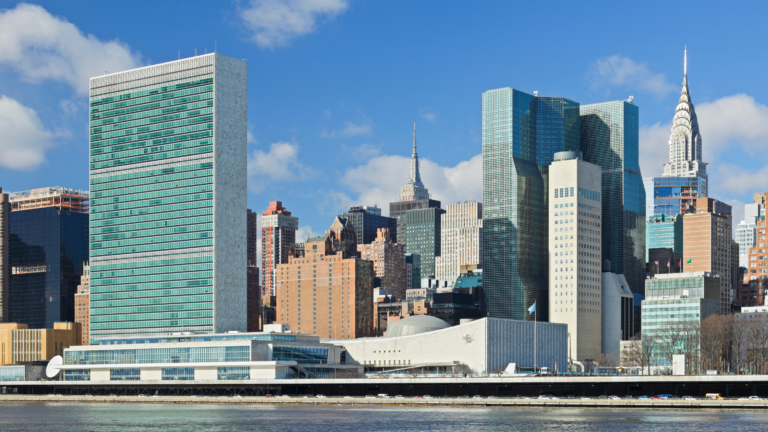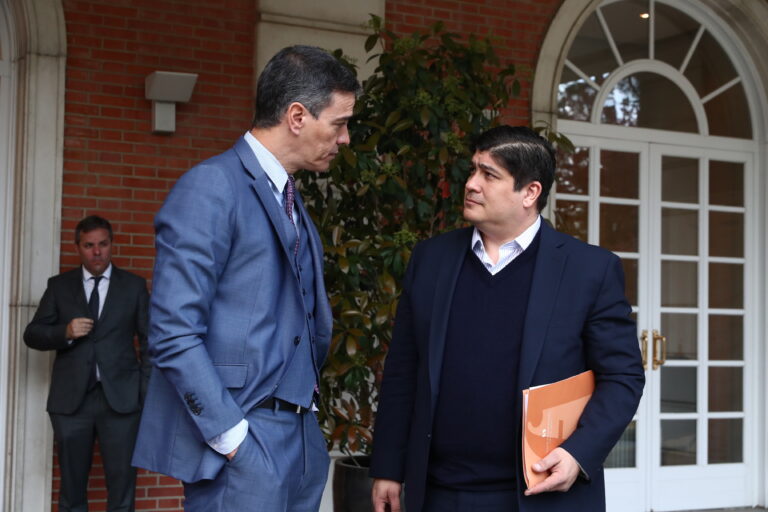Carlos Alvarado Quesada (San José 1980), was the forty-eighth President of the Republic of Costa Rica (2018- 2022)
Under President Alvarado’s leadership, Costa Rica contributed to global efforts to combat climate change, and defended human rights, democracy, and multilateralism, His innovative approach to sustainable energy, his ambitious climate policies, and a highly successful response to the COVID-19 pandemic, have been widely recognized. Furthermore, his administration has overseen historic fiscal reforms to strengthen the country’s economy.
In 2019 he was named TIME’s 100 Next emerging leaders from around the world who are shaping the future and defining the next generation of leadership and the 2022 received the Planetary Leadership Award by the National Geographic Society for his outstanding commitment and action toward protecting the ocean.
Alvarado is a Bachelor in journalism, a MSc in Political Science from the University of Costa Rica and receive a master’s degree in development studies from the Institute of Development Studies (IDS) at Sussex University, United Kingdom. He currently is a Professor of Practice in The Fletcher School at Tufts University, and is also a Richard von Weizsäcker fellow at the Robert Bosch Academy.
In February 2019, President Alvarado launched Costa Rica’s National Decarbonization Plan, the first of its kind since the Paris Agreement of 2015 which established the road map to decarbonize the country’s economy by 2050. It administration organized the run-up to U.N. Climate Change Conference – COP25 in Madrid, and created with France and the United Kingdom the High Ambition Coalition for Nature and People that now includes more than one-hundred-member states.








